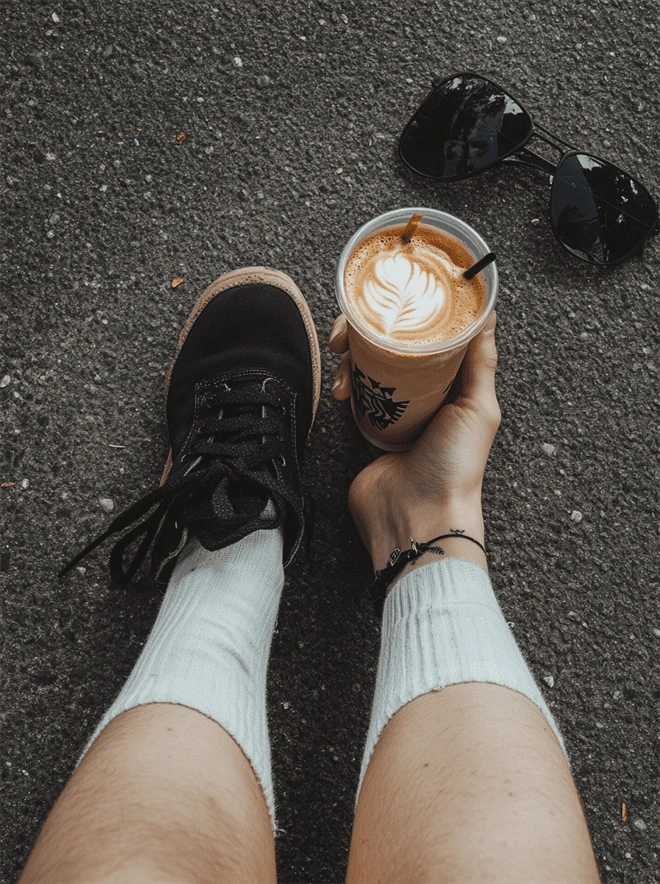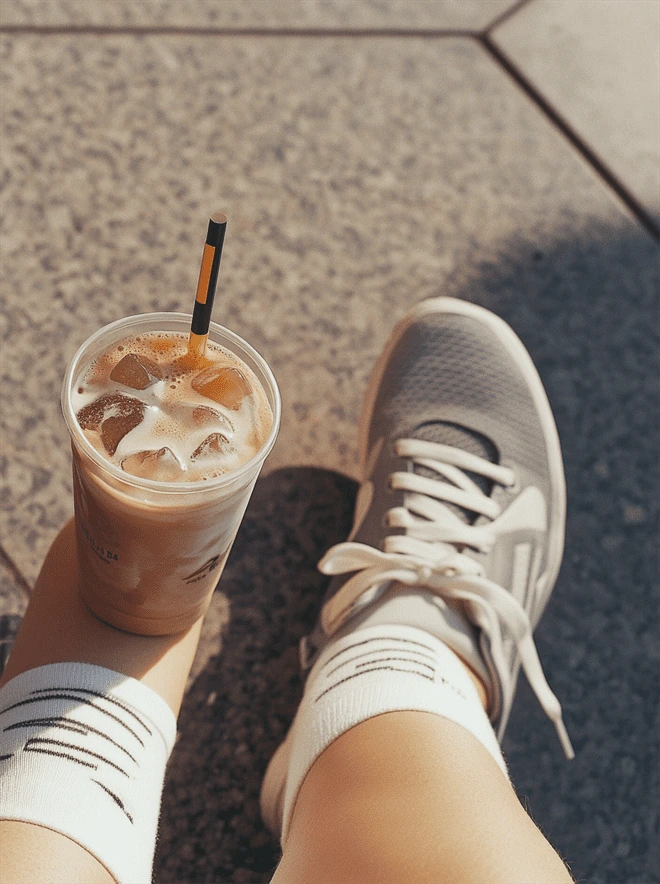How Coffee Boosts Athletic Performance: Energy, Endurance, and Recovery
Table of Contents
Is Coffee a Good Energy Booster for Athletes?
For athletes, performance is everything. Whether it’s the energy to power through a tough workout, the endurance to finish a race, or the mental focus needed during a crucial game, athletes are always on the lookout for ways to improve their physical and mental capabilities. One of the most common and widely accepted energy boosters is coffee. Packed with caffeine, coffee is often considered a go-to pre-workout drink. But the question remains: Is coffee really a good energy booster for athletes? Let’s explore how coffee can influence athletic performance and whether it’s a reliable energy source for physical and mental endurance.

The Science Behind Coffee and Energy
Coffee contains caffeine, a stimulant that can have significant effects on both the body and the mind. Caffeine works by blocking adenosine, a neurotransmitter that promotes sleep, thereby reducing feelings of tiredness. By doing so, caffeine stimulates the central nervous system, increasing alertness and reducing fatigue. This effect is why many athletes reach for a cup of coffee before a workout or competition.
Caffeine has also been shown to increase the release of adrenaline, the “fight or flight” hormone, which can boost heart rate and blood flow to muscles, improving performance in high-intensity activities. Research has demonstrated that caffeine can improve endurance, strength, and reaction times, making it a popular ergogenic aid (a substance that enhances athletic performance).
Benefits of Coffee for Athletes
1. Improved Endurance
Studies show that caffeine can enhance endurance, allowing athletes to perform for longer periods without feeling fatigued. Coffee increases the body’s ability to utilize fat as fuel, sparing glycogen stores and delaying the onset of fatigue. This is particularly beneficial for endurance athletes, such as long-distance runners or cyclists.
Example: A study conducted on endurance athletes revealed that those who consumed caffeine before a long run were able to run longer distances before experiencing exhaustion compared to those who didn’t consume caffeine.
2. Enhanced Focus and Mental Clarity
Coffee doesn’t just benefit the body—it also supports mental sharpness. Caffeine helps improve focus, reaction time, and cognitive function, which are all essential for athletes, especially in fast-paced sports like basketball, football, and tennis. Athletes who consume coffee may experience better decision-making skills, quicker reflexes, and an improved ability to concentrate during high-pressure situations.
Example: A soccer player may find that drinking coffee before a game helps them stay alert and make better tactical decisions on the field.
3. Faster Recovery
In addition to enhancing performance, coffee may help with post-workout recovery. Caffeine has been found to reduce muscle soreness and speed up the recovery process. This is due to its ability to decrease the perception of pain, allowing athletes to recover more quickly from intense physical exertion.
Example: After a grueling leg workout, athletes who drink coffee may report experiencing less soreness and stiffness compared to those who didn’t consume caffeine.
4. Increased Strength
Coffee may also increase strength and power output during short bursts of intense exercise, such as weightlifting or sprinting. Caffeine stimulates the nervous system, making muscles respond more efficiently and producing more force. As a result, athletes may be able to lift heavier weights or sprint faster after consuming coffee.
Example: Weightlifters often drink coffee before their training sessions to help them lift heavier weights and push through their limits.
5. Metabolism Boost
Coffee has thermogenic properties, meaning it can increase the body’s metabolic rate and promote fat burning. For athletes looking to shed body fat while maintaining muscle mass, coffee can act as a natural fat-burning aid. Caffeine promotes the breakdown of fat cells, making it easier for the body to use fat as fuel.
Example: A sprinter trying to maintain a lean body composition may use coffee to help with fat loss while fueling their training.
Potential Downsides of Coffee for Athletes
While coffee has several benefits for athletes, there are also some potential downsides to be aware of:
1. Dehydration
Caffeine is a diuretic, which means it can increase the need to urinate. For athletes who are already prone to dehydration, excessive coffee consumption could potentially lead to fluid imbalance, especially in hot weather or during long endurance events. However, the diuretic effect of caffeine is usually minimal in individuals who regularly consume it.
Tip: Make sure to drink plenty of water alongside your coffee to stay hydrated.
2. Sleep Disruption
Drinking coffee late in the day may disrupt your sleep. Quality rest is essential for athletic recovery, and insufficient sleep can impair performance and hinder muscle repair. To avoid sleep disturbances, athletes should limit coffee intake in the late afternoon or evening.
Tip: Stick to consuming coffee in the morning or early afternoon to avoid affecting your sleep cycle.
3. Overstimulation
Some athletes may be sensitive to caffeine and experience jitters, anxiety, or an increased heart rate if they consume too much coffee. It’s important to know your caffeine tolerance and avoid consuming excessive amounts before a workout or competition.
Tip: Start with a small amount of coffee (one cup) and gradually increase if necessary to gauge your tolerance.
How Much Coffee Should Athletes Drink?
The optimal amount of coffee varies for each individual, depending on factors such as body weight, caffeine tolerance, and personal preferences. Generally, a moderate dose of caffeine (about 3-6 mg per kilogram of body weight) is sufficient to boost athletic performance. For a 150-pound (68 kg) person, this would translate to roughly 200-400 mg of caffeine, or 2-4 cups of coffee. However, it’s important to listen to your body and avoid overconsumption.
Conclusion
In conclusion, coffee can be a great energy booster for athletes, providing a variety of benefits, from improved endurance and strength to enhanced focus and quicker recovery. With the right timing and amount, coffee can give athletes the edge they need to perform at their best. However, like any performance-enhancing substance, it’s important to use coffee strategically and in moderation to maximize its positive effects while minimizing potential drawbacks.
By incorporating coffee into your routine as a pre-workout or recovery drink, you can take advantage of its energizing and performance-enhancing properties, making it a valuable tool in your athletic arsenal.

